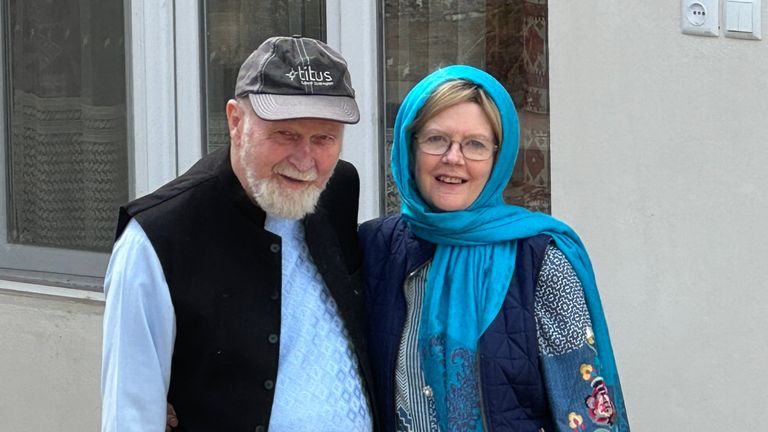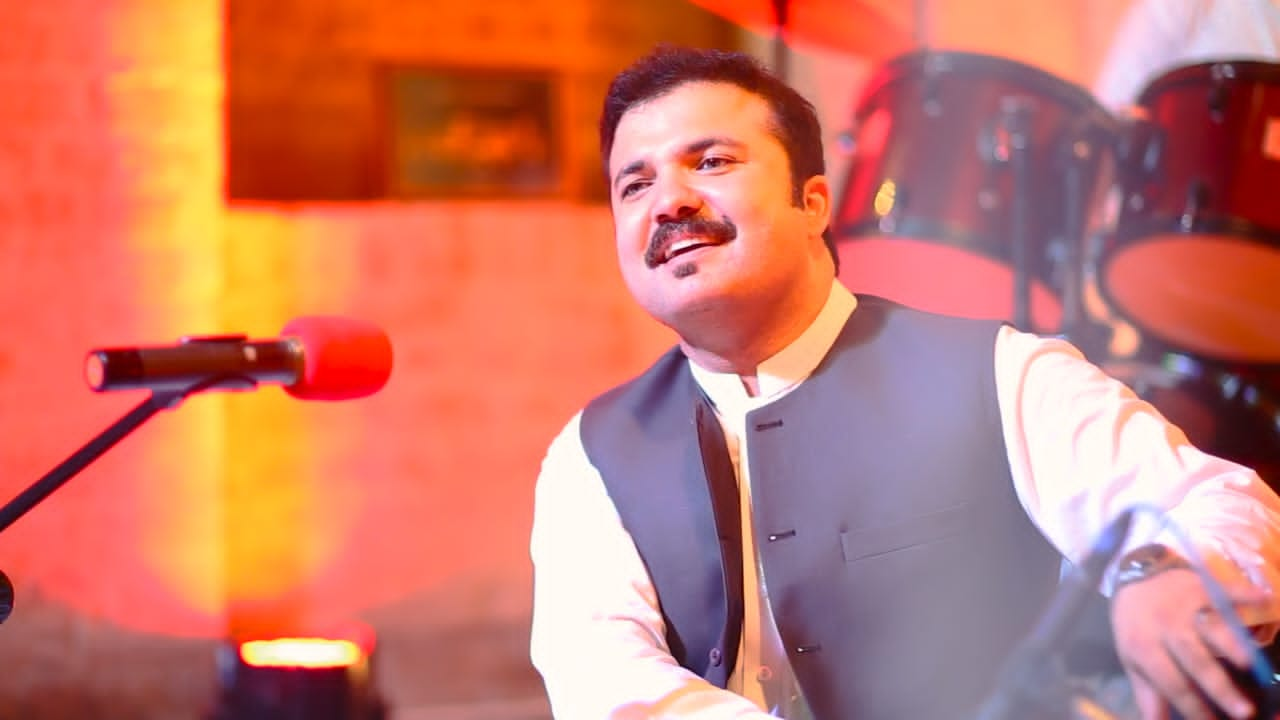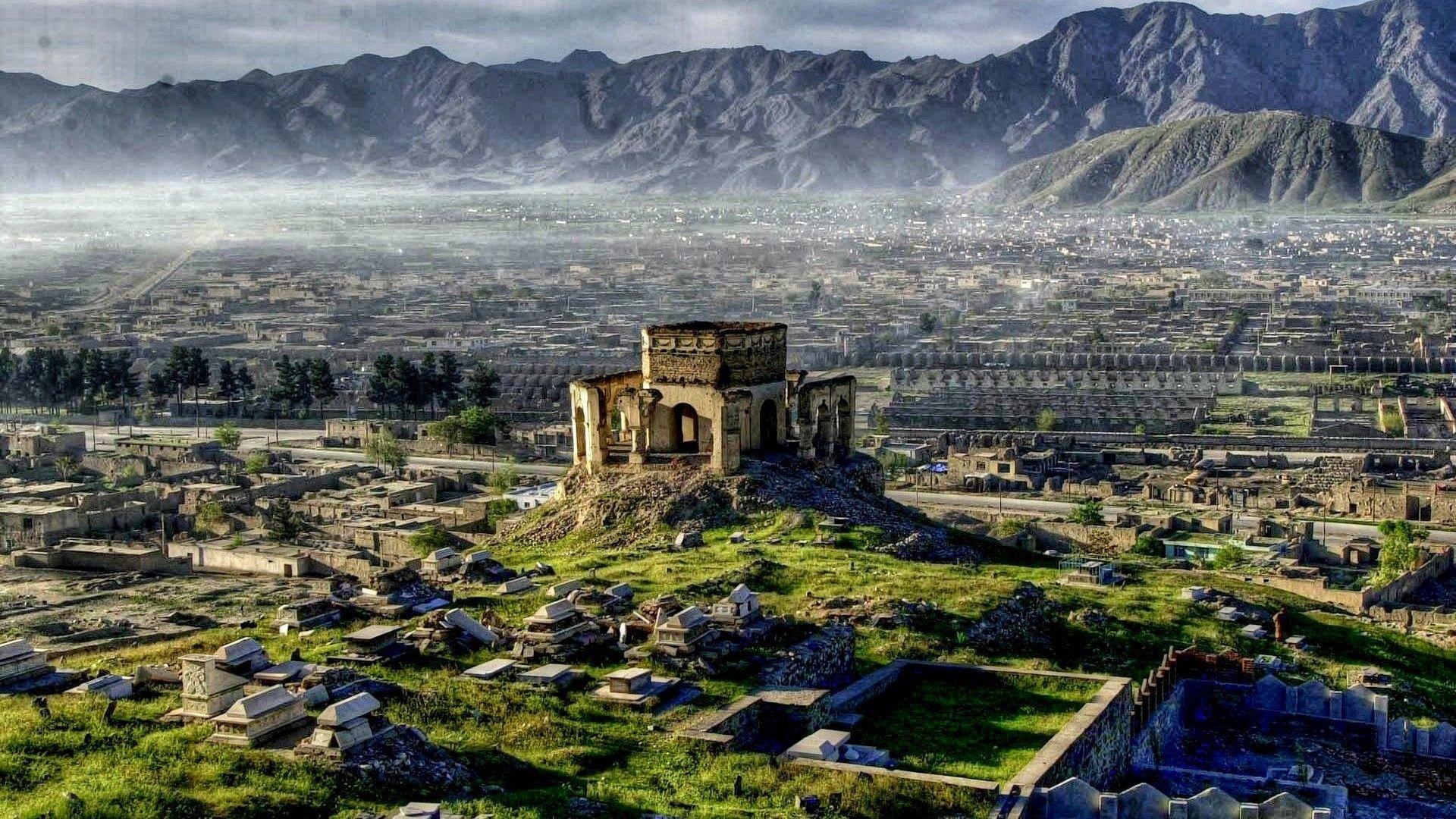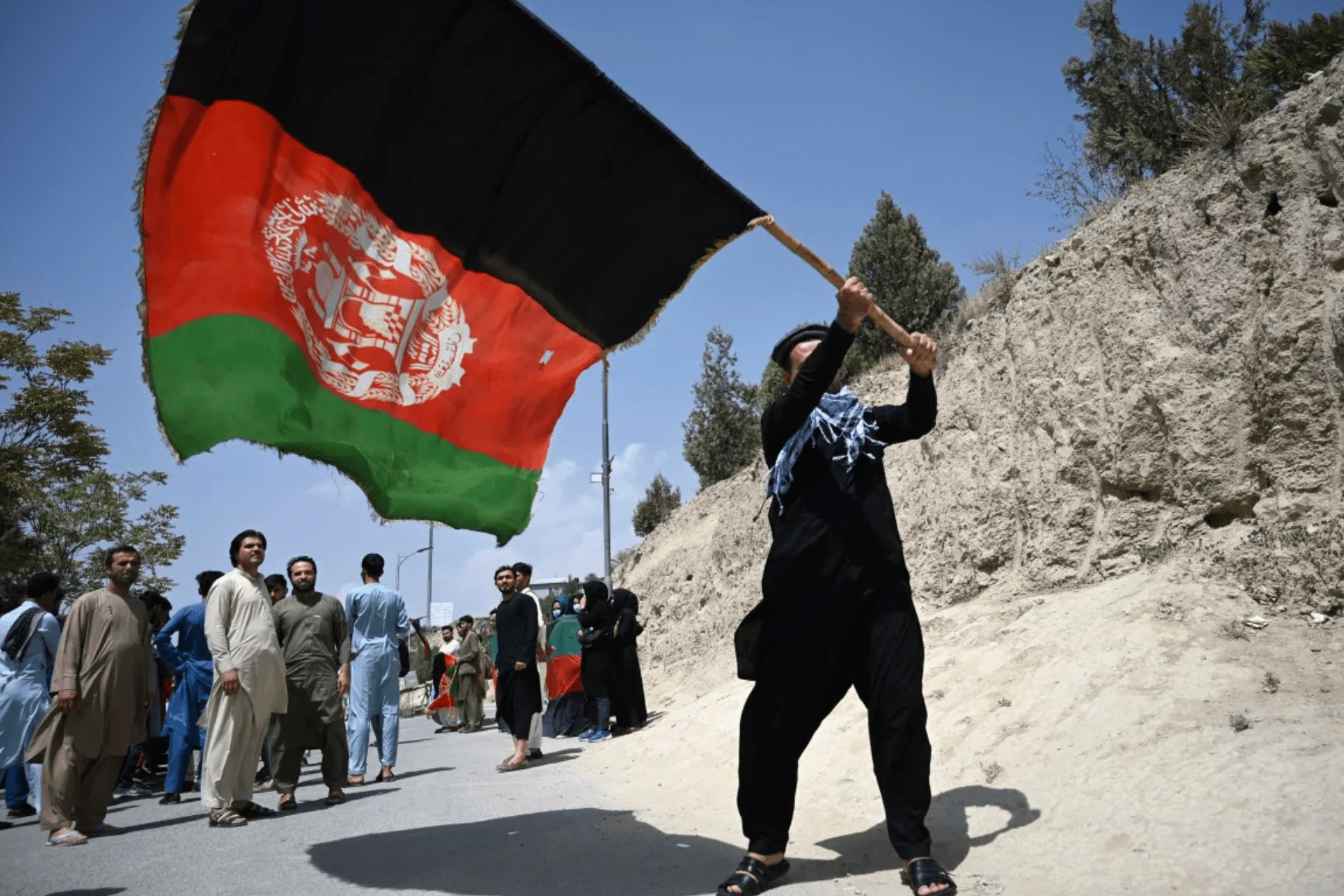Afghanistan; Current Divisive Politics in Need of Immediate Solution

Written by: Muqtasid
Shah Ghazi Amanullah Khan, the sovereign of Afghanistan from 1919, first as Emir and after 1926 as King envisioned the country as a democratic and progressive nation. However, the nation's tumultuous history has arguably undermined these aspirations for independence. As the country presently grapples with an unprecedented economic crisis, it is essential to comprehend the extent of Afghanistan's political division.
To achieve economic growth, all nations need to establish political stability, as it enhances investors' confidence, bolstering all economic sectors. Conversely, persistent political instability hinders economic growth prospects. Politics, even if conducted under the banner of democracy, is futile when faced with the economic hardship endured by the citizens.
Currently, the changes occurring in Afghanistan have contributed to the peak of complications in the country. On the one hand, the existing regime has fragmented politics and society through public policy. On the other, the economy, largely depends on foreign aid, and it demands fundamental reforms.
In the case of the political conflict and economic crisis persisting in Afghanistan, the country risks a catastrophic disaster, which would be virtually impossible to avert or control. To mitigate this, all political actors and parties must foster a spirit of understanding and tolerance.
The onus, now, heavily lies on Afghan politicians to act judiciously, respect one another, and take inclusive measures for the populace's welfare and the nation's complete sovereignty and independence.
National, progressive, and republican political parties and individuals in Afghanistan should unite under a mechanism that aligns with the fundamental principles of politics. All political parties must consent and commit to this mechanism to regulate political competition and resolve disputes through compromise, embodying genuine national reconciliation.
Primarily, a consensus on critical national agenda issues – the economy, national security, and foreign policy – must be established by nationalists and republicans. This consensus should supersede differences of opinion among key parties.
Leaders also play a vital role in minimizing disaster. All national moderate and republican political parties and individuals, instead of engaging in political vendettas, should collaborate and compete to solve problems in the national interest, demonstrating the courage for forgiveness and tolerance. Such a collaborative approach could put an end to the ongoing disaster.
Currently, Afghanistan desperately requires a political leader capable of fostering consensus among the Afghan nationalist and republican parties abroad. As such, Afghan politicians should seek the support of a politically friendly nation.
- 2023 Jun - 10







